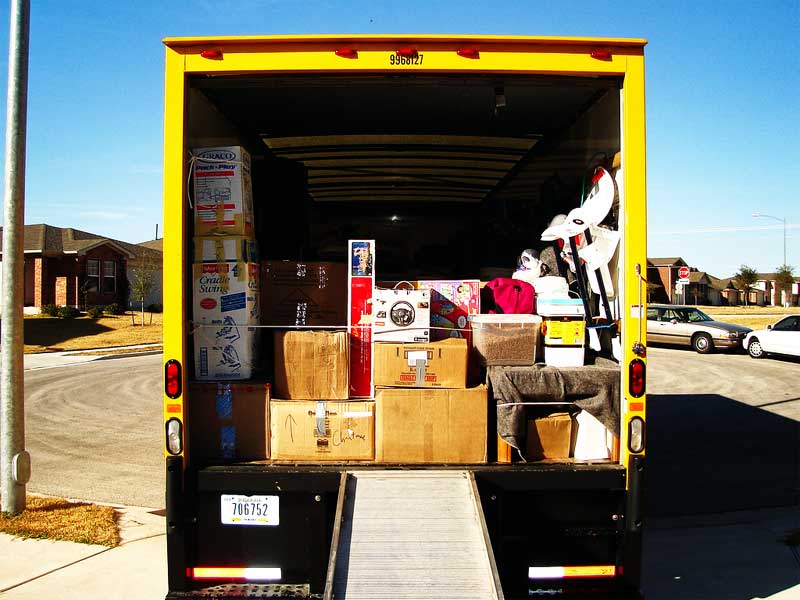I’ve always enjoyed the challenge of living and working in a different country.
Over the years I’ve been lucky enough to work with a diverse range of people in all sorts of fascinating cultures – and each one has presented its own, very different challenges and opportunities. In my current role as the leader of a global team I also get to experience this diversity, and it’s certainly one of the things that I love most about what I do. But I also know that living and working in a different country isn’t always easy for everyone.
So, here are just a few of the things I’ve learned over the years about how to settle quickly, wherever you are.

1. Concentrate on quickly building a network
Of course, having a support group around you is vital – for some of us we might be lucky enough to have family who have moved out with us, but that isn’t always possible in the early days as you settle into your new role. So, building a network is crucial – my advice is to accept every invitation you get to go out for drinks or attend social events, and to try to get involved in your new community as much as you can.
But it’s also critical that you also grow your professional network too. Obviously you’ll have your new work colleagues, but if you really want to get involved in the business life of your new community then you’ll need to get out and meet people in a professional networking context. So, find your local networking groups, connect with them on LinkedIn and join the equivalent of the country’s chamber of commerce. The British Council is also a great source of support for expats, particularly in terms of the arts and education – and they often hold regular events, business or otherwise, that build links between different cultures. It can be a useful way to quickly build a new network.
2. Learn the language
An obvious one maybe, but that doesn’t mean that it is straightforward or that everyone gets around to doing it. But I would say that learning the local language really is your gateway into so many things – it will help you to make friends and to build your network, but also to get a genuine feel for the local business culture by picking up on nuances that can often be lost in translation.
The most important benefit of learning the language is that it takes you out of your bubble. I’ve found – in common with many expats – that it can be incredibly easy to fall into the habit of spending all your time with other English speakers – even your foreign colleagues will probably want to practice their English language skills with you – and you can quickly find yourself living in an expat bubble. So, learning the language will take you out of this, giving to you the chance to really start to feel a part of the local community.
3. Take up a sport
You probably all know how much I love golf. It’s a huge passion of mine and over the years I’ve met some great people through it. Golf in particular is well suited to business networking – it’s a sport that gives you plenty of time to talk and to forge strong relationships. But I’d also recommend joining any sports club as a great way of meeting new people and settling in – whether it’s a five a side soccer team or a running club, you’ll instantly find yourself a part of a new group of people who share your passion.
4. Volunteer
We all work hard – and so sometimes it seems hard to imagine why on earth you’d spend any time dong anything for nothing. But volunteering is a fantastic way to feel like you’re giving something back to your new community – and to meet people too. It’s also a great way to find different ways to develop yourself as well – you’ll use many of the skills that have made you a successful business person, but you’ll also discover plenty of new ones at the same time.
Ultimately, settling into a new country is never straightforward – with the challenges of language and cultural differences combined with the pressures of starting out in a new role, far from family and friends, it can be a difficult and stressful time. But it is also a time of great opportunity – a chance to discover not just new things about the country you’re living in, but also about yourself.

